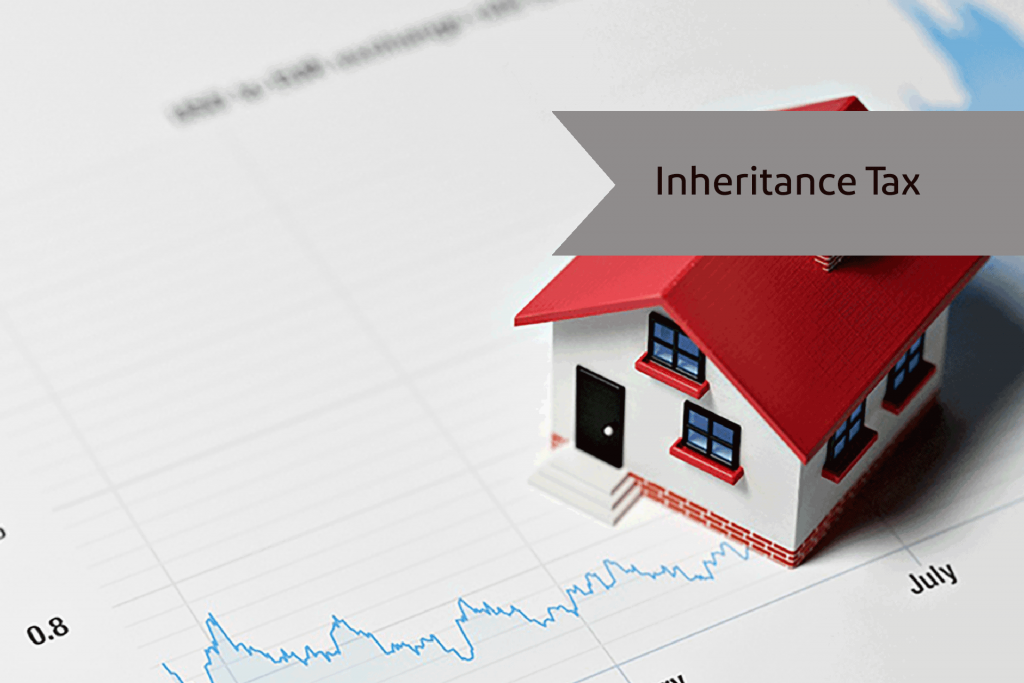Inheritance Tax, How to Calculate it

Inheritance Tax is one of the tax types that leads to the collection of appropriate income for the governments all over the world. If you are in a situation and you have faced this issue, you should know that there are complicacies in this connection and you need to gather more information in this connection.
What is Inheritance Tax?
The first question you should answer properly to understand the concept of the issue is the nature of inheritance tax. In principle, inheritance tax, is a type of tax to be levied on the assets and properties left from a deceased person, that may have valued added.
The inheritors of the deceased person shall prepare a list of the entire properties and assets of the deceased and present it to the local tax department located in the residential area where the deceased used to live.
The inheritors shall, within one year from date of death of the deceased, appear before the local tax department and present their tax return and complete the forms provided by the local tax department. They shall also provide information concerning the identity, place of death, properties and assets, liabilities, cost of funeral, religious and financial dues, and issues such as marriage portion to be granted to the wife. The important issue is that everything shall be clear. It shall be as clear as a sales invoice that is so clear and to the point.
At the next stage, necessary documents shall be provided to the dispute settlement council to determine the portion of inheritance of each heir (considering the probate certificate). Prior to computing the portion of inheritance, the liabilities of the deceased shall be paid clearly, one of which is his or her tax.
How to compute the tax according to the laws of our dear hometown Iran
There are two major factors based on which the inheritance tax is computed. The first factor is the type of inheritance that may be a vehicle, a property, a bank deposit or other cases and the second factor is the category of inheritors. Before we discuss how to compute tax for different types of inheritance, we need to know different categories of inheritors.
How many categories the inheritors are divided into?
According to the Iranian inheritance tax law, the heirs of the deceased person are divided in to three major classes or categories and all the persons are included in these three categories. The first category includes, father, mother, spouse, children and grandchildren. The second category of inheritance includes grandfather and his parents, grandmother and her parents, sister, brother, niece and nephew and the last category includes uncles, aunts and their children.
Property inheritance tax (house, land, shop and the like)
The tax computed for the properties of the deceased differs based on the category of inheritors. The tax for the first category of inheritors is 7.5%, for the second category is 15% and for the third category is 30%.
Inheritance tax for cars and different types of vehicles
First category: 2%
Second category: 4%
Third category: 8%
Inheritance tax for shares, stocks and per-emptions rights inside the stock exchange
First category: 0.5%
Second Category: 1%
Third category: 2%
Inheritance tax for bank deposits, partnership certificates and dividends
First category: 3%
Second category: 6%
Third category: 12 %
Inheritance tax for shares, stocks and preemption rights outside the stock exchange
First category: 6%
Second category: 12%
Third category: 24%
Inheritance tax for other properties and assets
There may be other types of properties or assets that are not included in the above categories.
The tax levied for these types of properties and assets will be as follows:
First category: 10%
Second category: 20%
Third category: 40%
How to pay the tax?
To pay the inheritance tax, we need to complete a tax return. As mentioned before, the deadline for the inheritors to complete the tax return is one year from obtain of probate certificate. If you are not fully familiar with tax return, we suggest you to contact Alemohamad Law Firm and increase your information in this connection.
Generally, you need to complete your knowledge in this connection in any possible way. The final point you should know about payment of inheritance tax is that the inheritors will be obliged to pay the tax only when they want to divide the legacy. The assets and properties that belong to the deceased will not be subject to payment of tax as long as the inheritors do not intend to divide them.